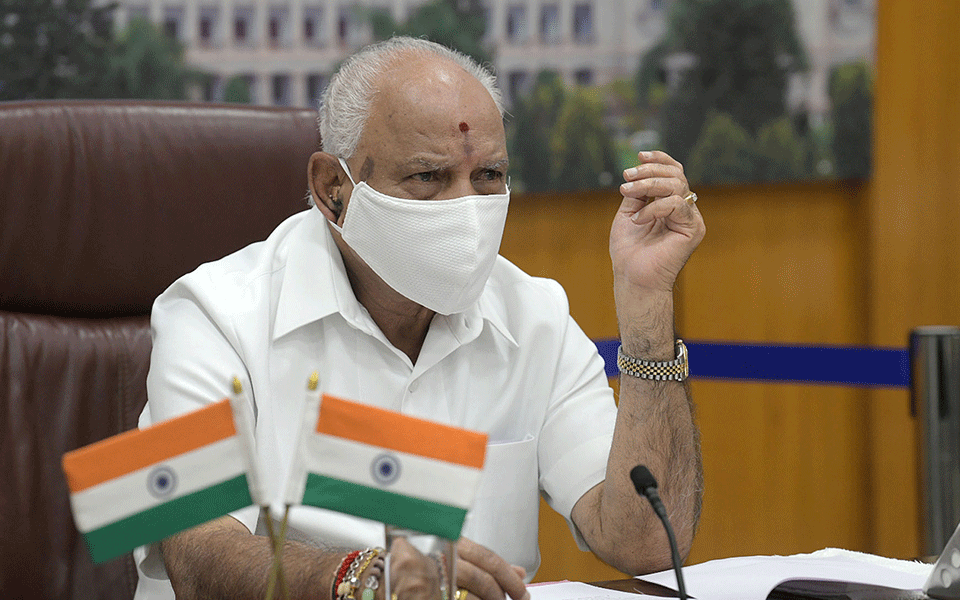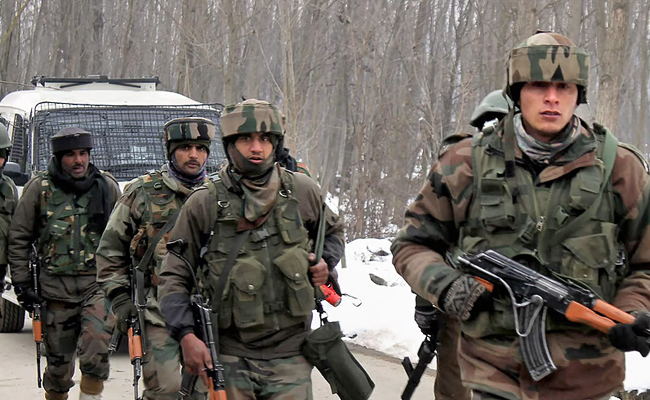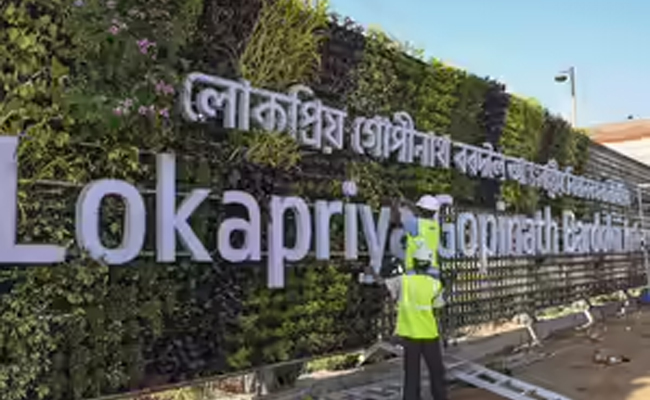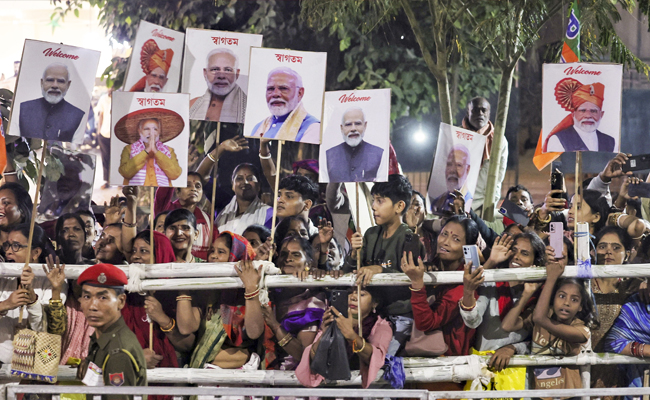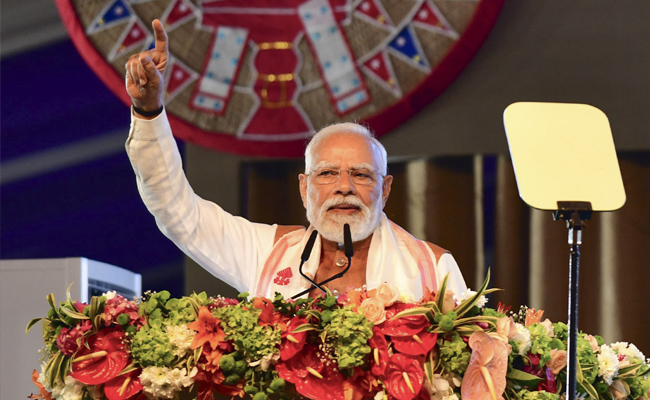Bengaluru: Karnataka will implement the Mekedatu project across river Cauvery, and people of the state should have no doubts about it, Chief Minister B S Yediyurappa asserted on Tuesday.
"Things are favourable for us in this regard, there is no question of halting it for any reasons. We will implement the Mekedatu project within the legal framework and complete it, no one can stop it," Yediyurappa said in response to a question.
Addressing reporters here, he said, "I had requested the Chief Minister (of Tamil Nadu) for doing it (implementing the project) in a friendly manner, as it will benefit both states, but for some reasons he did not respond properly, but still we will implement the Mekedatu project, let people of the state have no doubt about it."
State's Law and Parliamentary Affairs Minister Basavaraj Bommai too on Monday had said that Karnataka will continue its legal battle with regards to implementation of Mekedatu project, as Yediyurappa's letter to his Tamil Nadu counterpart urging him not to object to it, did not elicit a positive response.
Yediyurappa had on Saturday written to his Tamil Nadu counterpart M K Stalin urging him not to oppose the Mekedatu project in the right spirit and offered to hold a bilateral meeting to address any issues.
In response, Stalin on Sunday urged Yediyurappa not to pursue the Mekedatu project, as he rejected Karnataka's stand that implementation of the project would not affect the interests of Tamil Nadu farmers.
Karnataka has maintained that the project will benefit both states as the surplus water stored can be managed between the two during the distress year, and its implementation will in no way affect the interests of the farming communities of Tamil Nadu.
While Tamil Nadu is of the view that the project would "impound and divert" the uncontrolled water flow due to Tamil Nadu from Kabini sub- basin, the catchment area below Krishnarajasagara, and also from Simsha, Arkavathy and Suvarnavathi sub-basins besides other small streams.
Mekedatu is a multipurpose (drinking and power) project, which involves building a balancing reservoir, near Kanakapura in Ramanagara district.
The project once completed is aimed at ensuring drinking water to Bengaluru and neighboring areas (4.75 TMC) and also can generate 400 MW power, and the estimated cost of the project is Rs 9,000 crore.
Let the Truth be known. If you read VB and like VB, please be a VB Supporter and Help us deliver the Truth to one and all.
More than 200 Indian nationals have joined the Russian armed forces since 2022, with 26 are confirmed dead, MEA—The Ministry of External Affairs have informed the Upper house of the Parliament: Rajya Sabha.
In a written response, the Minister of State for External Affairs, Kirti Vardhan Singh, has stated that at least 202 Indians are reported to have joined the Russian army. Among these recruited personnels, 26 have lost their lives; while, seven individuals have been reported missing by Russian authorities. He added that the remains of two deceased Indian nationals were cremated in Russia.
Singh noted that the sustained diplomatic efforts by the Indian government have led to the early discharge of 119 individuals. He further added that the discussions are going smoothly with the Russians to secure the release of the remaining personnel, with efforts underway to facilitate the early discharge of 50 more Indian nationals.
According to the minister, the Union government is in contact with Russian authorities to ensure the safety, welfare, and prompt return of Indian citizens serving in the Russian army. The issue, he said, is being addressed at multiple levels, including interactions between senior leaders, ministers, and officials of both countries.
The said disclosure was made in response to queries raised by Saket Gokhale, the MP of Trinamool Congress, and Randeep Singh Surjewala, the MP of INC, regarding the number of Indians allegedly recruited into the military service in Russia; Along with the details of deaths and missing persons reported since 2022.

